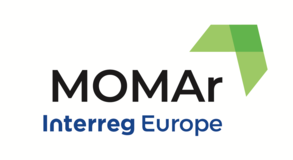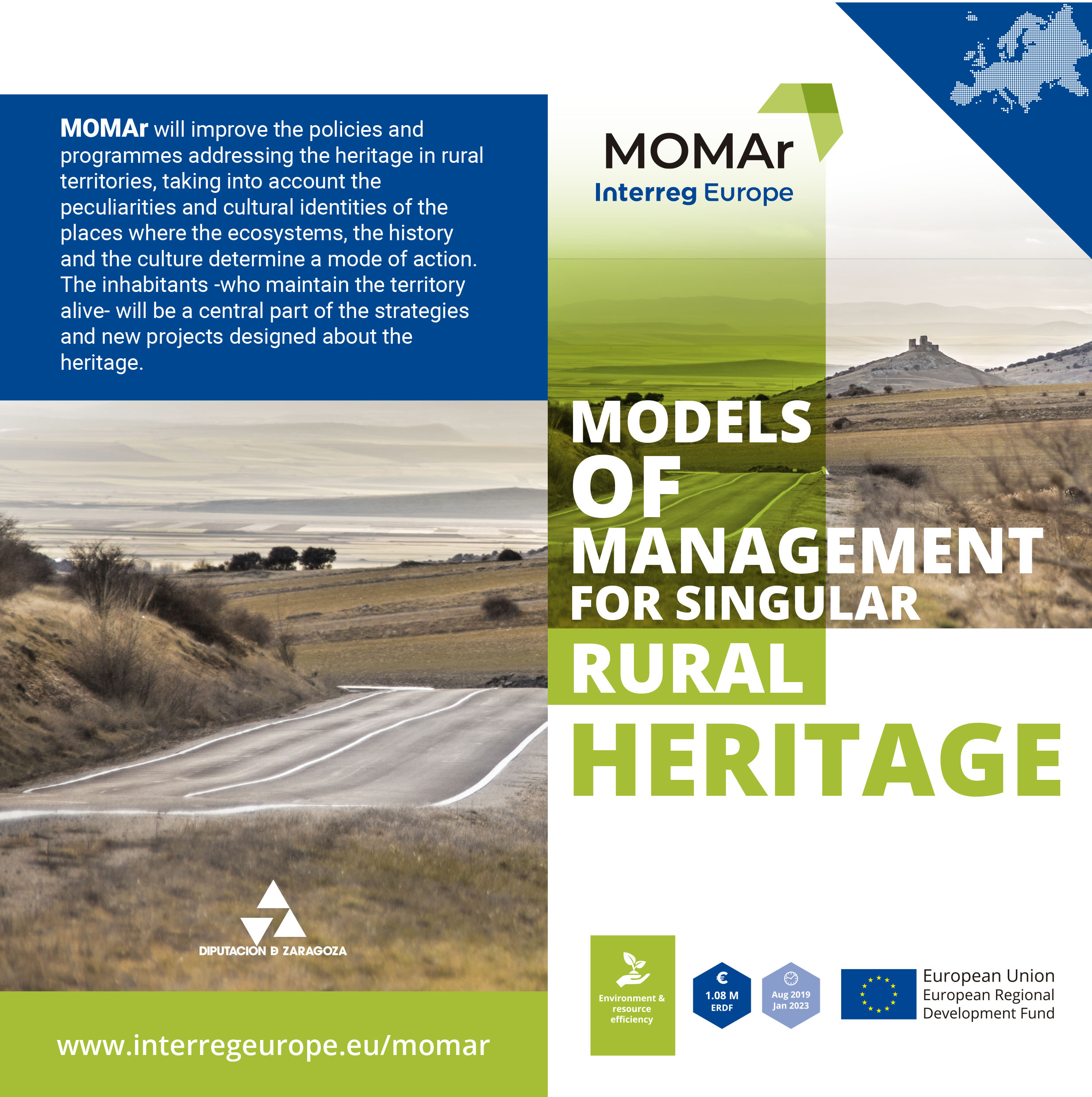On October 25th, Matouš Radimec, project manager at the Regional Development Agency of South Bohemia (RERA), participated in a webinar along with other heritage management stakeholders to present a MOMAr Good Practice. Held by the Interreg Europe Policy Learning Platform, this second episode of the Cultural routes webinar series was organized to learn about reviving cultural routes with examples from the Czech Republic, Portugal, and Italy. Cultural routes bring together education, leisure, and physical activity, helping visitors discover the history, gastronomy, or even art, and they are an important part of responsible tourism.
This webinar highlighted the importance of culture in global sustainable development and was a great opportunity for the Czech Republic to present its project about cultural routes alongside other cultural heritage stakeholders and experts.
The Routes of Reformation, a MOMAr Good Practice
Within the framework of MOMAr, the cultural route called Routes of Reformation was identified as a good practice worth sharing. The aim was to create a new cultural route certified by the Council of Europe focusing on the history of the Reformation. The Reformation, as a religious, social and cultural phenomenon considerably influenced society and history not only in the regions where it got established, but across the whole of Europe.
Currently, the project is managed by the Routes of Reformation Association (RoR) and includes 40 members from 8 different countries, loosely connecting sites, museums, local trails, churches and other places linked to the Reformation. Through this cooperation, the route supports models of sustainable tourism, supports educational activities, and enables local communities to take part and benefit from the route. Thus, the members can benefit from networking and cooperation with similarly-focused organizations in other countries, exchanging experiences and sharing good practice examples.
Other good practices from across Europe
In addition to the presentation of this MOMAr Good Practice, the webinar presented two other inspirational practices from other Interreg projects, RAMSAT and Green Pilgrimage, as well as a keynote speech from the European Commission, explaining viewers the importance of culture and its role as a key driver for change. Sharing these examples of cultural routes inspired the participants and showed them different ways to sustainably manage local and regional heritage, enabling cooperation and exchange of knowledge between heritage management stakeholders, even beyond the MOMAr project.
Find out more details about the webinar and watch the session in video here.
Cover image credits: Ⓒ Routes of Reformation












